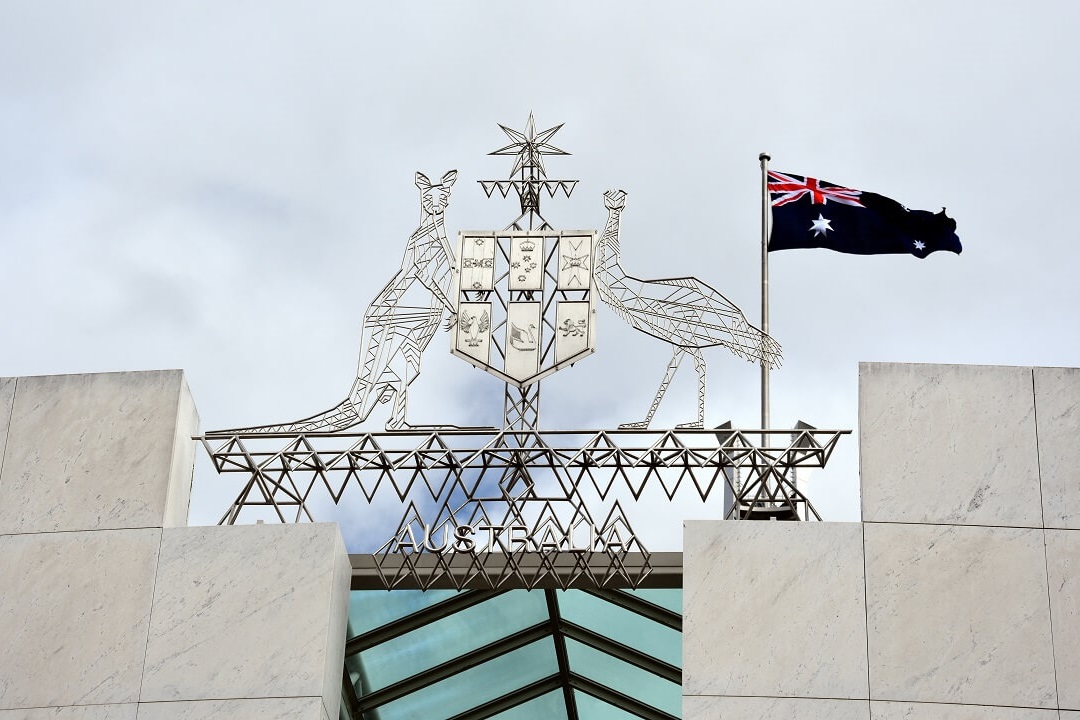The Jobs and Skills Summit – A Success in Addressing the Nation’s Skills Shortages
 September 2022
September 2022

Across the 1st and 2nd of September, over one hundred educators, business leaders, union representatives and government officials gathered at Parliament House for the Jobs and Skills Summit. As the name suggests, the debates and discussions held there centred around education and training, employment, and the economy. After considering the views of the Summit’s attendees, the government walked away from the assembly with a series of actionable outcomes.
A Workforce That is Better Skilled and Trained
Alongside plans for pensions, parental leave, and workplace arrangements, there were also announcements pertaining to the VET sector. In fact, during the Summit’s opening address, Prime Minister Anthony Albanese reinforced his election promise to pledge $1.1 billion towards the creation of 465,000 fee-free TAFE places. From 2023, joint federal-state funding will connect students to vocational training at no expense to the learner in hopes of bolstering industries affected by the current skills shortages.
This effort to hone the labour market also hopes to create more inclusive and equal employment and educational pathways for women, First Nations, disabled, culturally and linguistically diverse, or underprivileged students. Equity targets will be introduced to monitor the progress and measure the success of this objective.
Outlining the Methods to Address a Lack of Skills and Improve Migration
Another strategy aiming to strengthen the VET workforce is the Summit’s commitment to expand Australia’s skilled migration program. The nation’s annual intake of permanent migrants is said to increase from 160,000 to 195,000, with 34,000 of the new places directed to regional areas. According to the Government, the path to permanent residence and citizenship offered by the boost will make Australia’s labour market more attractive to skilled migrants.
Meanwhile, $36.1 million has been committed to address the visa backlog, accelerate visa processing, and increase the rate at which international students and workers can commence their study and/or employment in Australia. Work restrictions for those with student and training visas have also been relaxed so international students can help ease the skills and labour shortages faced across the country.
In opposition to the Summit’s outcomes, critics of the event contend its priorities and funds are largely misplaced. Due to the prevalence and popularity of private registered training organisations, many believe the Government solely investing in TAFE institutes is unwisely neglecting the private sector and the millions of students who opt to study with RTOs.
Future work for the delegates of the Jobs and Skills Summit will involve a blueprint for a quality VET workforce, revision of micro-credential qualifications, and the publication of the Employment White Paper, a guide to maximise employment in Australia.




